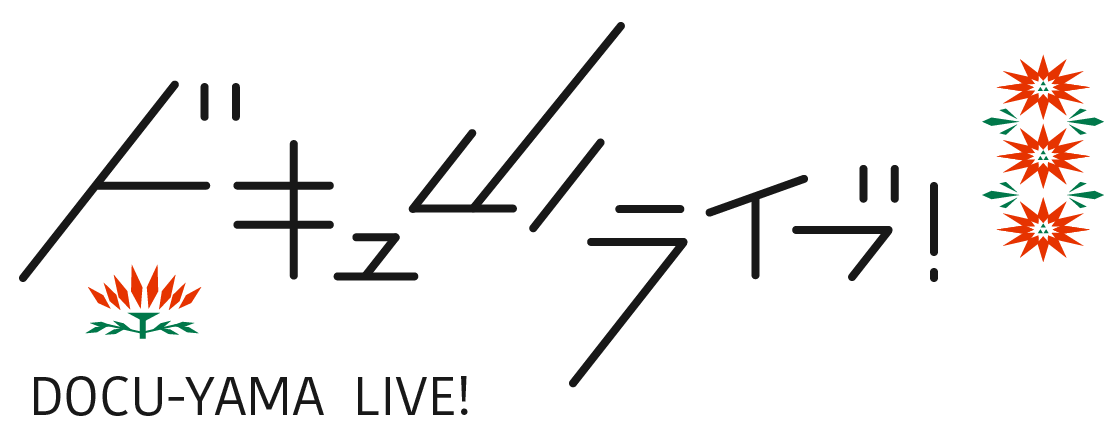
Kim Kyung-man’s Until the Stones Speak (2022, South Korea) is a film about history, but it is not a film about the past. Screened as part of YIDFF 2023’s New Asian Currents selection, the documentary tackles the aftermath of the Jeju Incident of April 3, 1948 (“4/3”), when swathes of people on Jeju island were killed or imprisoned under false accusations of rebellion against the state. Until the Stones Speak consists of testimonies from five women who suffered under these charges, giving a voice to their pain after decades of censorship.
The film explores the challenges of collecting first-person testimonies more than it provides a factual account of 4/3 itself. The interviewed women are now in their nineties, plucked out of their motionless daily routines in order to recount the unspeakable horrors they endured in their youth. In some cases barely capable of sitting up, these women detail their beatings, moments of starvation, the deaths of their husbands and children, and the sham trial where they were sent off to serve arbitrary sentences. The interviewers are then tasked with asking these women further questions about where exactly and with what they were beaten, how long their sentences were, and with whom, dead or alive, they shared these moments of distress and agony. One interviewee, impatient and hard of hearing, cannot answer most questions, reasoning that it was so long ago that it has become impossible to remember the events in any detail. The film presents these imperfect and fragmentary recollections with very little intervention or contextualizing devices, allowing the viewer to sit uninterrupted beside the interviewers as they extract information from the victims.
Footage inserted between testimonies takes us to multiple depopulated locations on Jeju, contrasting the intimate bedroom interviews with wide shots of grasslands whipped by harsh winds and vast terrains buried under heavy snow. During the uprising, many of the inhabitants had to flee into the mountain range and withstand its ruthless natural conditions. The viewer thus needs to reconcile the visible fragility and old age of the interviewees both with the brutality of their statements and with the inhuman landscapes within which some of them were forced to survive.
Though the film dwells on the victims’ age and feebleness, it does not imply that the significance of 4/3 ends with their death. One woman was separated from her husband when the uprising was quelled and, believing him to be dead, remarried and bore a child. While pregnant, she discovered that her first husband was actually alive and about to be released from prison. In one brief scene, her daughter, now an old woman herself, recalls how her mother’s suffering and compulsive repetition of family trauma shaped her entire childhood. The memory of her mother’s obsessive preoccupation with the unlucky circumstances of her birth bring her to tears, bearing down on us with the full weight of her multi-generational grief.
Until the Stones Speak contains no archival footage or photographs from 4/3, because it is not a retrospective film. It is not a film about the victims’ memories of pain, but of the pain they still experience if they sleep on their “bad” arm – the one that was broken by a police officer with a piece of firewood, or pierced with bayonets. Most days last 24 hours – April 3, 1948, will last many lifetimes.
Betty Stojnic
![ドキュ山ライブ! [DOCU-YAMA LIVE!]](http://www.yidff-live.info/wp-content/themes/yidff-live_2017/images/header_sp_logo1.png)

